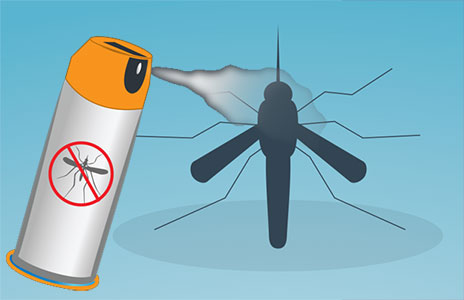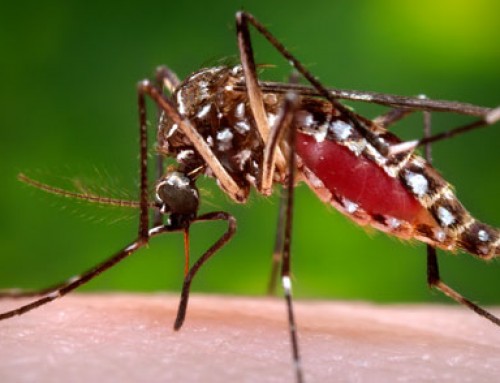To quote the Center for Disease Control…
“Zika virus will continue to spread and it will be difficult to determine how the virus will spread over time.”
With large media coverage, the news about the Zika virus spreading has been the cause for great alarm. The CDC, the World Health Organization and the National Pest Control Association have come out with several reports to promote awareness about the virus.
As professionals in the pest control and management industry here at Bullfrog Pest Control, we would like to present several guidelines to help you and your families stay safe and aid in prevention of spreading the Zika Virus.
Origination of the Zika Virus
The Zika virus is not a new virus. The first cases of the disease originated in the Africa, Southeast Asia and the Pacific islands. In May of 2015 an alert was issued announcing that the Zika virus had found its way to Brazil.
How the virus spreads
Zika is transmitted through the bite of an infected Aedes Mosquito. It can also be transmitted form a pregnant mother and her baby during pregnancy or around the time of birth. We do not know how often Zika is transmitted from mother to baby during pregnancy or around the time of birth.
Symptoms of the Virus
According to the CDC, the most common symptoms are fever, rash, joint pain, and conjunctivitis (red eyes). The illness is usually mild with symptoms lasting for several days to a week. Symptoms usually appear 2 days to a week from the moment of infection.
The Zika illness is known to directly affect pregnant women and their babies. A bite from an infected Aedes mosquito can cause a serious birth defect of the brain called microcephaly (a condition in which a baby’s head is smaller than expected when compared to babies of the same sex and age) and other poor pregnancy outcomes in babies of mothers who were infected with Zika virus while pregnant. The CDC has recommended several precautions for pregnant women to avoid travel to affected locations and follow strict guidelines to avoid mosquito bites.
Locations with active Zika virus endemic currently, the highest amount of cases are found in Latin American countries where the climate is tropical. Several central American Countries, Mexico, South American countries and several Caribbean countries have reported cases. For a full list, please visit the CDC/s web site.
Affected areas in the United States
Recently reports were released announcing several states on alert confirming Zika virus cases. These states are New York, Florida, Texas and New Jersey.
Preventing infection

- There is not a vaccine to prevent Zika. Individuals are advised to prevent mosquitos at all costs:
Eliminate areas of standing water around the home such as flowerpots, birdbaths, baby pools, grill covers and other objects where water collects. Mosquitoes lay their eggs in water where the larvae develop and need only about 1/2 inch of water to breed. - Screen all windows and doors. Repair even the smallest tear or hole.
- Minimize outside activity between dusk and dawn, when the majority of mosquitoes are most active.
If you must spend time outdoors during peak mosquito times, or when you will be outdoors for extended periods, wear long pants and sleeves and use an insect repellant containing DEET, picaridin or oil of lemon-eucalyptus. - It is especially important to wear effective insect repellents and protective clothing if traveling outside the U.S. Mosquito-borne diseases that may be rare in the U.S. are common in many foreign countries.
- If you are concerned about mosquito activity on your property, contact a pest management company or your local health department.


